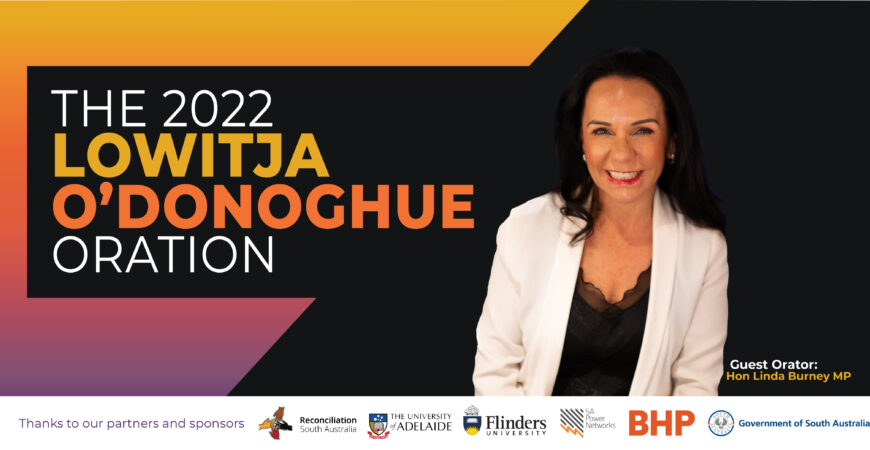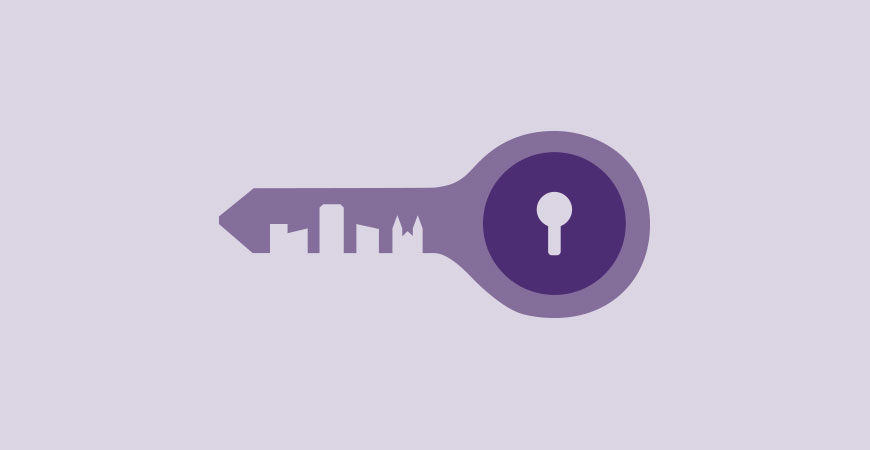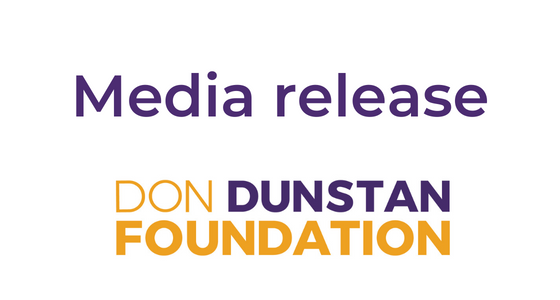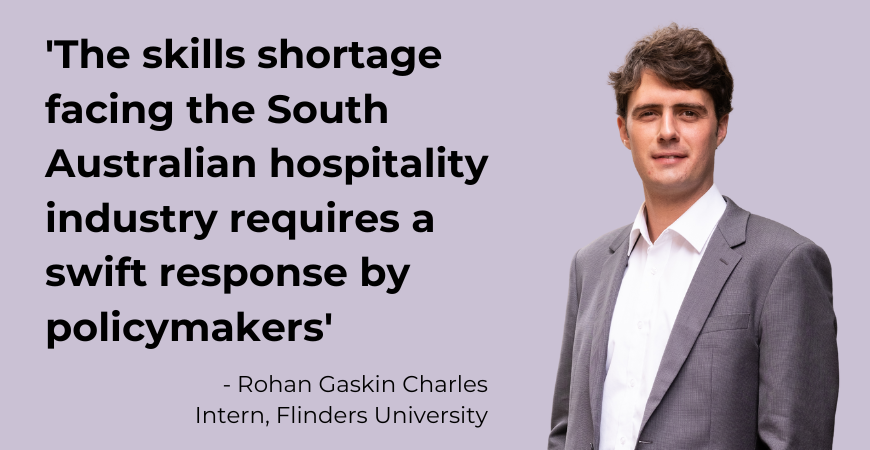DDF intern makes a difference!
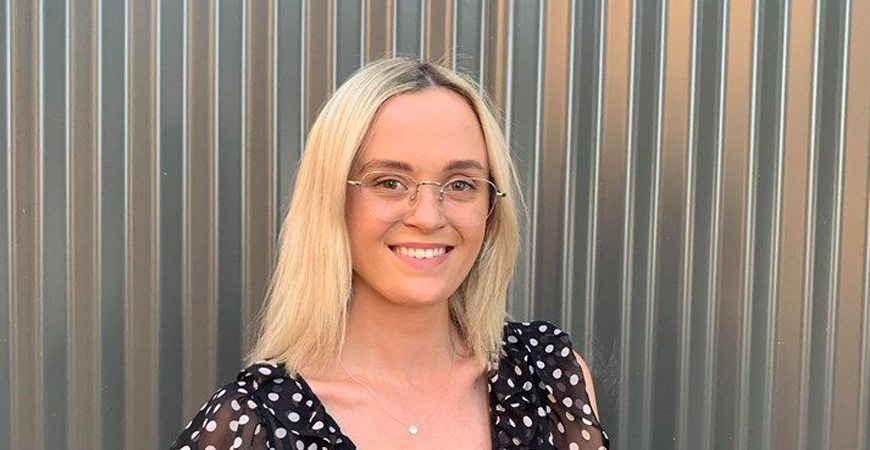
Interview by Anthony Collebrusco
Jacqueline Anderson is about to finish her final semester at the University of Adelaide, earning a double degree in International Relations and Arts with a major in sociology and minor in international development.
The COVID-19 era is an unusual time to be a university student. In addition to regular assignments, she is writing 2000 words per week for tutorial participation. She is completing an advanced research capstone for her sociology major by studying policy related to school feeding programs that could be implemented in South Australia. On top of that, all work has been fully remote this semester.
And if that weren’t enough, she is also doing essential work for Neami National as part of the Adelaide Zero Project (AZP), helping account for and house the increasing number of people experiencing homelessness during the COVID-19 era.
Neami National is a Foundation partner and acts as the data custodian for the AZP. Jacqueline is currently employed with Neami as an Operational Support Officer and initially got involved with them by applying for an internship with the Don Dunstan Foundation. For her, it was the legacy of Don Dunstan and the work of the Foundation that led her to apply.
“I’ve known about Don Dunstan my entire life. My family has been enormous fans of him and his legacy, especially in the arts. I didn’t have enormous knowledge of the Adelaide Zero Project, but I knew I couldn’t pass over work with the Don Dunstan Foundation and having that as a learning experience.”
When she first started on AZP, Jacqueline was tasked with data management of the By-Name List, the AZP’s tool for tracking active homelessness in Adelaide.
When an individual is identified as experiencing homelessness, they fill out a survey detailing where and for how long they have been sleeping rough as well as information about their mental and physical health. They are then scored on a complexity scale, which informs their housing needs and support systems to ensure successful tenancy.
Jacqueline is responsible for recording this information as well as participating in housing allocation meetings to help find suitable housing solutions for these individuals.
“People fill out surveys, which I then input into the system. Then, every time they are seen on our outreach rounds, I get a note of that and record what they’re doing, how they’re going, and we build a profile on this person. We are able to use that to look at the overall complexity of our clients and find the most appropriate housing for them.”
This information is invaluable for the AZP’s work, and since it tracks information related to mental health and use of emergency services, it is increasingly relevant to political leaders seeking to resolve the challenge of rough sleeping in Adelaide – a challenge exacerbated by the COVID-19 crisis.
The number of actively homeless in Adelaide has increased from 201 in March 2020 to over 350 in April 2020, making outreach and data management more difficult.
“It’s really hard to have contact with everyone when your clients have increased dramatically,” says Anderson. “The team and I are actively working on ways to adapt the data to these changes.”
Despite the challenges, Jacqueline has been impressed with case workers’ ability to maintain constant communication with their clients and the effort to ensure that as many people as possible are housed.
“For us to adapt to getting so many new consumers, it has been stressful, especially for caseworkers. But I think that the passion of ensuring that everyone was safe really united all the AZP agencies.”
This collaborative effort has helped ensure that vulnerable people were supported faster and that many of the people on the By-Name List were temporarily sheltered during the COVID-19 crisis. As the highly dynamic situation begins to settle, Anderson is eager to see the data develop in the coming months, gain better understanding of the impact of AZP’s COVID-19 response and how it may inform future success of the AZP.
Anderson encourages students preparing for an internship to be ready to dive into a project fully. Try to shadow your supervisor, go to meetings, and learn the ins and outs of your work as much as possible. She says, “The benefits of what you can learn will outweigh any fears you may have.”
“Interning for Don Dunstan was one of the best decisions I made. Having the opportunity to work for something that I was incredibly passionate about, while also gaining skills that would increase my employability, resulted in me actually being employed in a position that I would want to do as a career.
“Things can happen that you don’t expect, and it really turned out to be the best possible situation for me.”
Jacqueline Anderson plans to continue her role in not-for-profits and someday hopes to pursue a graduate program.

